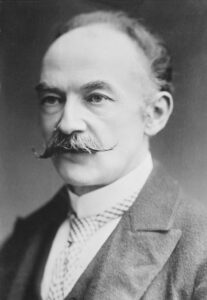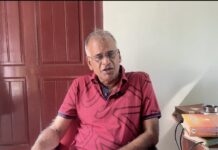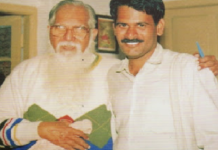 Currently, I am getting letters from youngsters saying that they have a serious problem; they can’t listen to a class. They are unable to sit still for even a few hours. This issue has always existed, but it escalated significantly during the COVID-19 pandemic. During the COVID-19 pandemic and the ensuing depression, educators encouraged students to consume electronic media, leading to the adoption of online classes as the sole mode of education.
Currently, I am getting letters from youngsters saying that they have a serious problem; they can’t listen to a class. They are unable to sit still for even a few hours. This issue has always existed, but it escalated significantly during the COVID-19 pandemic. During the COVID-19 pandemic and the ensuing depression, educators encouraged students to consume electronic media, leading to the adoption of online classes as the sole mode of education.
We can observe that during this period, online media grew uncontrollably, resulting in millions of hits on websites and YouTube posts. All of this is at the expense of our young adults, who are mostly students. Still, we underestimate this addiction, and we have no practical remedies to cure it.
Only a select few are able to self-assess and discover that they have serious listening issues. Others, however, are genuinely relishing their newly discovered independence. They need not listen to anything for more than 3 minutes at a time. They can live in the “ever-present” time without worrying about tomorrow or yesterday. Indeed, J. Krishnamurthy preached freedom from the known, and Osho taught living in the present moment. This is Zen. Being foolish is the best way to escape the yoke of knowledge.
For those who were depressed due to their incapacity to listen, I used to offer only two recommendations.
First, distance yourself from the crowd of ordinary people and nurture your intellectual ego. Imagine yourself as a single individual among thousands who came to know that they are almost dead and living within the matrix-created dream. You are fighting against a magnificent system.
Secondly, you must tear yourself off that illusion and develop the necessary skills to deal with reality. Read, write, travel, or do social work. It’s a form of self-torture, but there is no other option. It is like war, and in war there are no shortcuts. Only the mighty can endure.
I often think about Thomas Hardy’s famous novel. Far from the Madding Crowd
Jeyamohan











